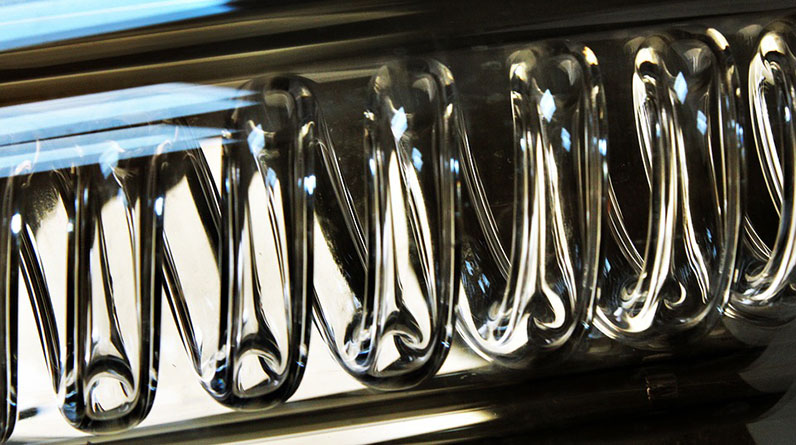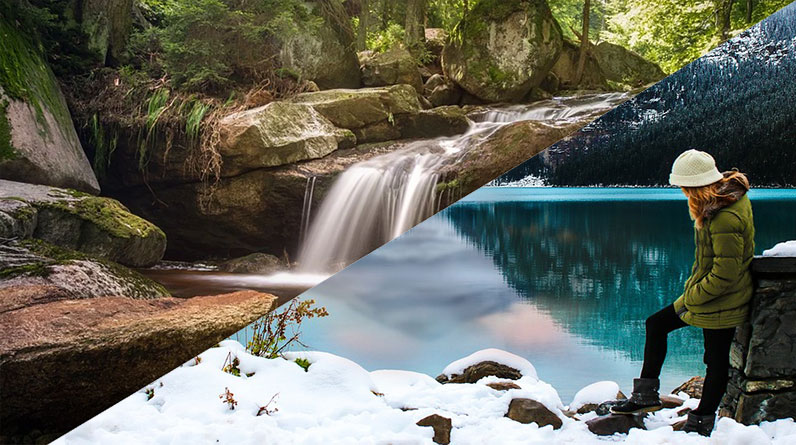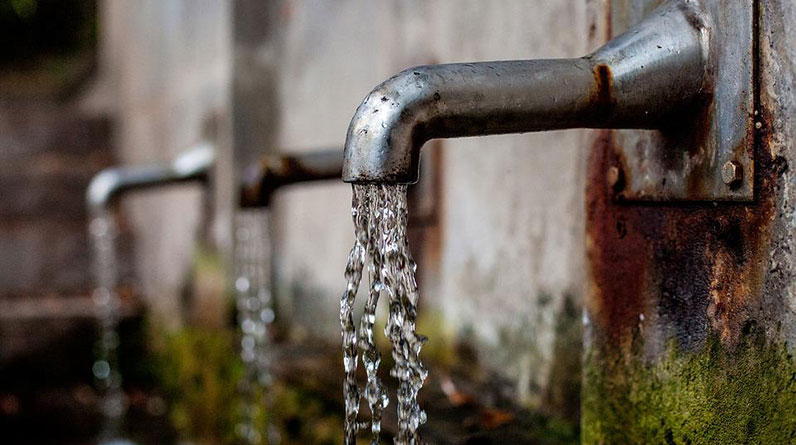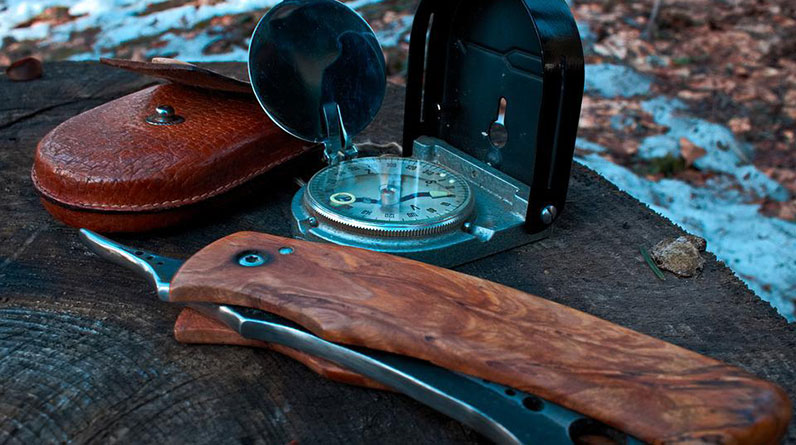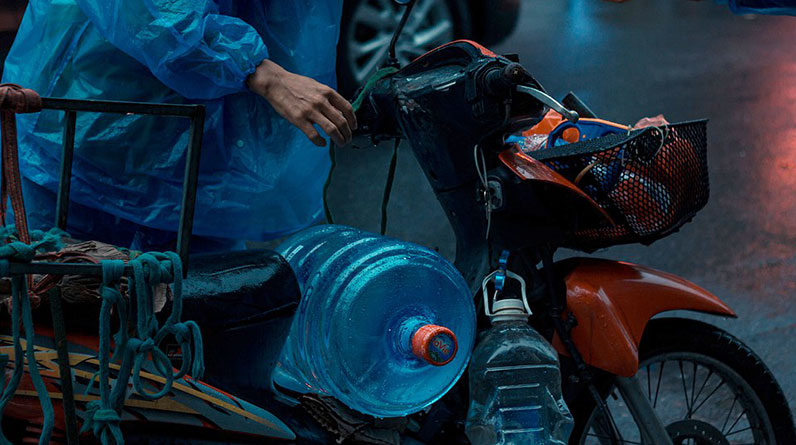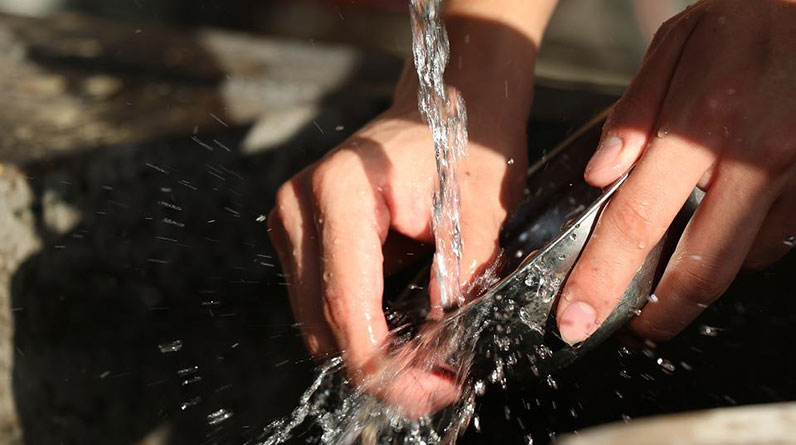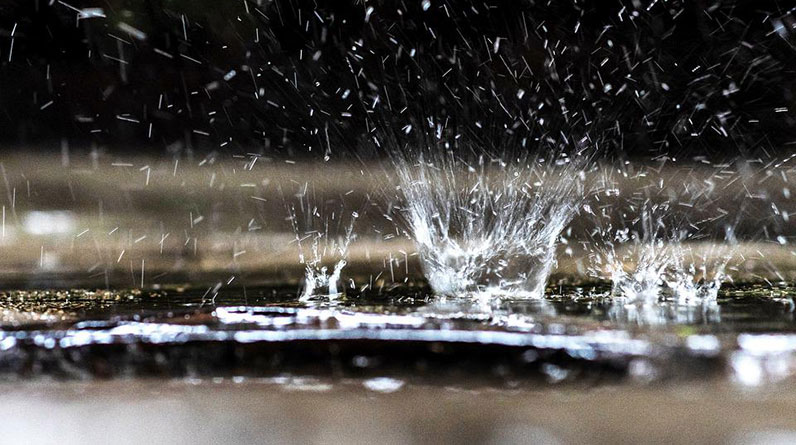
The Best Ways to Collect, Store, and Consume Rainwater for Survival
Collecting rainwater for survival is an excellent way to reduce your risk of dehydration during a natural disaster.
It’s especially helpful if you live in a dry climate or have little access to clean drinking water. Rainwater can be used for drinking, cleaning and more. However, when natural disasters strike — like hurricanes, floods and droughts — it can become even more important. Drinking enough water during these dangerous times can help prevent dehydration, which is often the cause of death during these types of events. So how can you collect, store and consume rainwater for survival? Keep reading to find out!
Know the Importance of Stored Rainwater
You’ve no doubt heard the old saying, “forewarned is forearmed.” That wisdom applies here. If you prepare for a rainy day, you will significantly reduce the likelihood that your survival efforts will be negatively impacted due to a lack of water.
That holds true whether you’re in the middle of a drought or a flood: Rainwater is your most essential resource during these types of events. During a flood, you might have to evacuate. During a drought, you might have to conserve water more aggressively.
But regardless of the situation, you’ll be able to better manage your water resources if you have stored rainwater as a resource.
Build a Rainwater Collection System
The best way to collect rainwater is to build a rainwater collection system. This can be done with a few simple materials and tools.
Some of the most common ways to collect rainwater are with a rain barrel or an open-air rainwater collection system. Your choice of system is largely dependent on how much precipitation you get in your area.
A rain barrel is a simple system that consists of a watertight barrel, a slotted spout and a lid. You can set up a rain barrel on the ground near your home or on the roof of your house.
An open-air collection system is the most versatile approach and can be used for any amount of precipitation.
Store Cleaned and Filtered Rainwater
Once you’ve collected rainwater, you’ll want to store it. If you’ve collected rainwater from a roof, you can pour it directly into a storage container.
If you’ve collected rainwater from a barrel, you should first filter and sanitize the water. You can do this by pouring the water through a filtration system or by adding a small amount of bleach to the water.
Once you’ve filtered and sanitized the water, you can pour it into a storage container. You can store your rainwater in large water containers or in smaller water bottles. If you’re using water bottles, be sure to seal them to avoid contamination.
Consume It Now – But Be Careful of Toxicity
As soon as you’ve collected and stored your rainwater, you can start using it. Using your water right away will help reduce the risk of contamination, as bacteria and other harmful agents that can build up over time.
You can use your rainwater for drinking, washing and cleaning. Go ahead and use it to do laundry, water plants and clean dishes.
If you have a fish tank, you can also use rainwater to feed your fish. But don’t wait to use it for cooking.
While you can use rainwater to make coffee and tea, you shouldn’t use it to make meals. Rainwater is safe to drink, but it’s not safe to use for cooking. This is because of its low pH level. Eating foods prepared in low-pH water can result in poor mineral absorption, particularly for calcium and iron.
Create an Emergency Rotational Repository
Rainwater collection isn’t a one-and-done activity. In fact, you should regularly collect rainwater, store it and consume it to make sure you’re prepared for any sort of weather event. And while these activities are essential to your preparedness, they can be time-consuming and challenging.
That’s where a rainwater collection system comes in. A rainwater collection system allows you to quickly and easily collect water and store it until you’re ready to use it. Best of all, rainwater collection systems are relatively easy to build. You can find plans for a basic rainwater collection system online.
Conclusion
The ability to collect, store and consume rainwater for survival can make a world of difference during a natural disaster.
When you can collect rainwater, store it and consume it, you can reduce your risk of dehydration and make your survival efforts that much easier.
That being said, collecting rainwater during a natural disaster is only half the battle. You’ll also need to be able to store and consume rainwater after the event has passed. This is especially important if you’re in a drought-prone region.
In these situations, you’ll want to collect and store rainwater before the drought strikes. With these tips, you’ll be well on your way to collecting, storing and consuming rainwater for survival.

